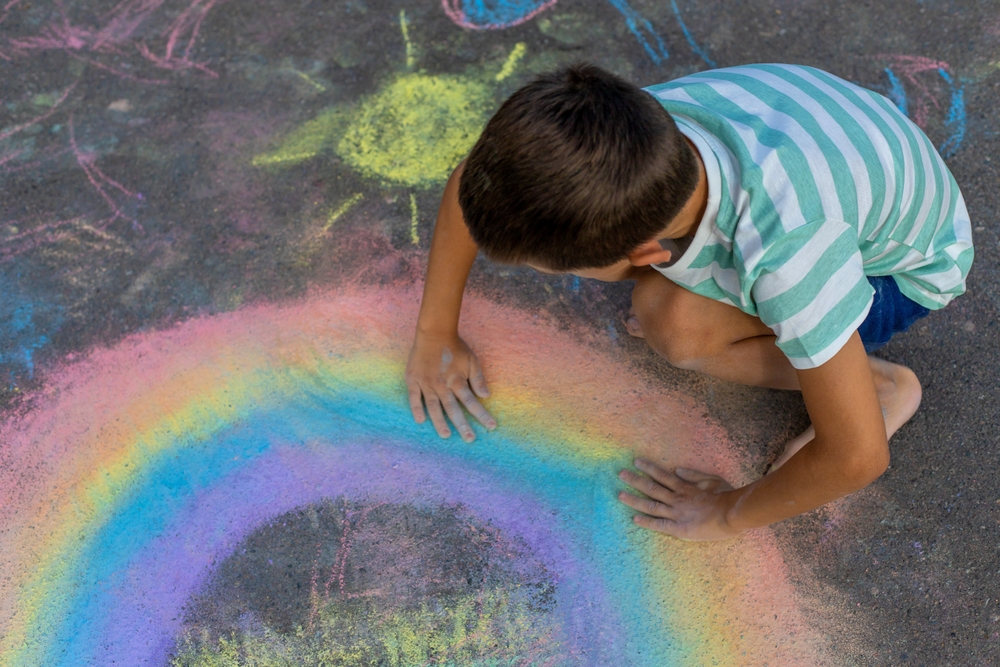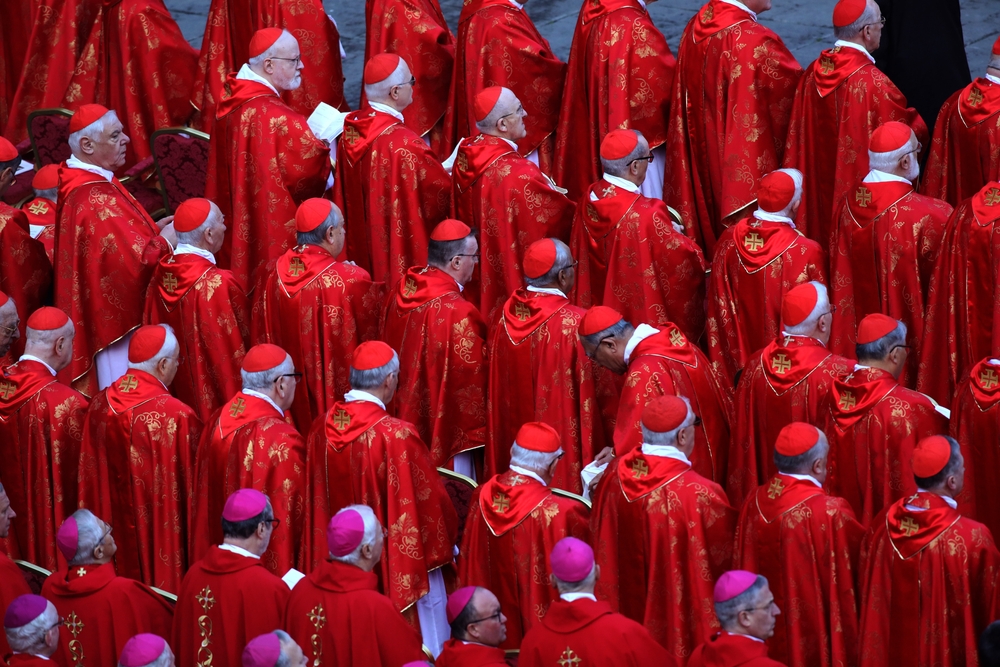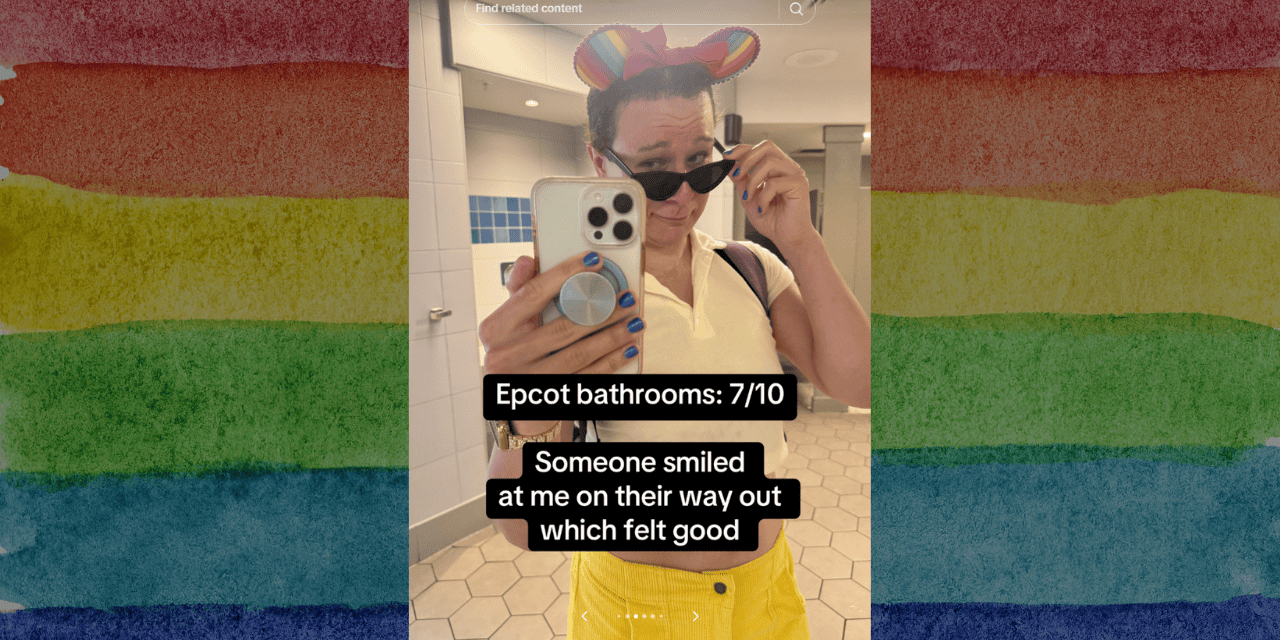Sperm Donor’s 96 Children Exposes the Selfishness of What Happens When You Separate Sex from Marriage

Since Focus on the Family’s inception in 1977, couples and individuals have been reaching out for counsel and advice on a myriad of issues ranging from marriage problems to parenting questions and countless concerns in between.
Infertility is one of the more sensitive subjects we address on a regular basis. Anyone who has walked this road of disappointment can appreciate the deep longing and heartache attached to undesired childlessness. But as medical technology has advanced to address the issue, what’s possible has skyrocketed – and often with significant ethical and moral objections to the procedures and so-called solutions.
One of the more common procedures is IVF (in vitro fertilization), where sperm and egg are combined outside the woman’s body – and then implanted a few days later as embryos. Couples considering this procedure might prayerfully and thoughtfully review our overview on the issue, but one element of the IVF process that carries with it unquestionable moral hazards is IVF that involves either egg or sperm donors.
If you’re wondering why or thinking we might be overstating the consequences, consider the story of Dylan Stone-Miller.
Mr. Stone-Miller, 32, is featured in an extensive Wall Street Journal piece today detailing his 9,000 mile road trip this summer to try and meet as many of the 96 children whose conception was made possible by his sperm donation.
According to fertility experts, the estimated 96 children might be on the low side. In fact, it’s nearly impossible to track every child biologically connected to a sperm donor.
“I will never know for sure how many children I have,” Miller told the Journal.
To date, Dylan Stone-Miller has met 25 of the children. It seems most of them were born to women who identify as lesbian or to heterosexual women who are single. As it is, almost 80% of sperm bank recipients are same-sex couples or those without a partner.
The Wall Street Journal profile lays out a tragic and somewhat tortured journey, sizing up Mr. Stone-Miller’s predicament as follows:
“Those who have welcomed him to their home are trying to figure out his role—a biological father, a donor dad, a visitor or special friend. Neither parents nor Stone-Miller are certain where to draw the line.”
One of the couples who seem to have given Miller more space than others are two lesbian women who nevertheless express reservations about the unorthodox relationship:
“I don’t want Harper to feel like she can call him anything,” one of the women said. “He is not her dad. Period. If she were to say that in front of us, we would straight up say, ‘Dylan is not your dad. He will never be your dad. You don’t have a dad. You have a donor.’”
How did Mr. Miller respond?
“It was hard to look my biological daughter in the eye and tell her I wasn’t her dad,” he said.
Of course it’s difficult because all of this is wildly and recklessly outside of God’s creative design for marriage and human sexuality.
Some may ask how sperm or egg donation is any different than adoption, since the children aren’t biologically related to the parent in either case.
According to John Stonestreet, president of the Colson Center, “Sperm donation doesn’t repair a fracture like adoption does. Rather, it creates a fracture, permitting and even incentivizing a view of children as products.”
Read deeper into Mr. Stone-Miller’s life, and you discover that his incentive to donate his sperm while in college seemed to extend beyond the $100 per visit he received as payment. It turns out his girlfriend then conceived a child – and sadly, decided to have an abortion. “I had a vision in my mind about what it might look like to have brought life into the world.”
Perhaps he thought his donation might somehow makeup for the loss of their child.
Dylan Stone-Miller’s story is more than a curious oddity, the spectacle of one-man fathering hundreds of children, if even unknowingly. It’s really a profound microcosm of a devastating consequence of what happens when you separate sex from marriage, and usher in an “anything goes” moral free-for-all when it comes to bioethics.
Advocates of the sexual revolution talk up personal freedoms and fulfillment – but leave off the fact that children are usually the helpless and innocent victims caught up in its wake.
Photo from Shutterstock
ABOUT THE AUTHOR
Paul J. Batura is a writer and vice president of communications for Focus on the Family. He’s authored numerous books including “Chosen for Greatness: How Adoption Changes the World,” “Good Day! The Paul Harvey Story” and “Mentored by the King: Arnold Palmer's Success Lessons for Golf, Business, and Life.” Paul can be reached via email: Paul.Batura@fotf.org or Twitter @PaulBatura




